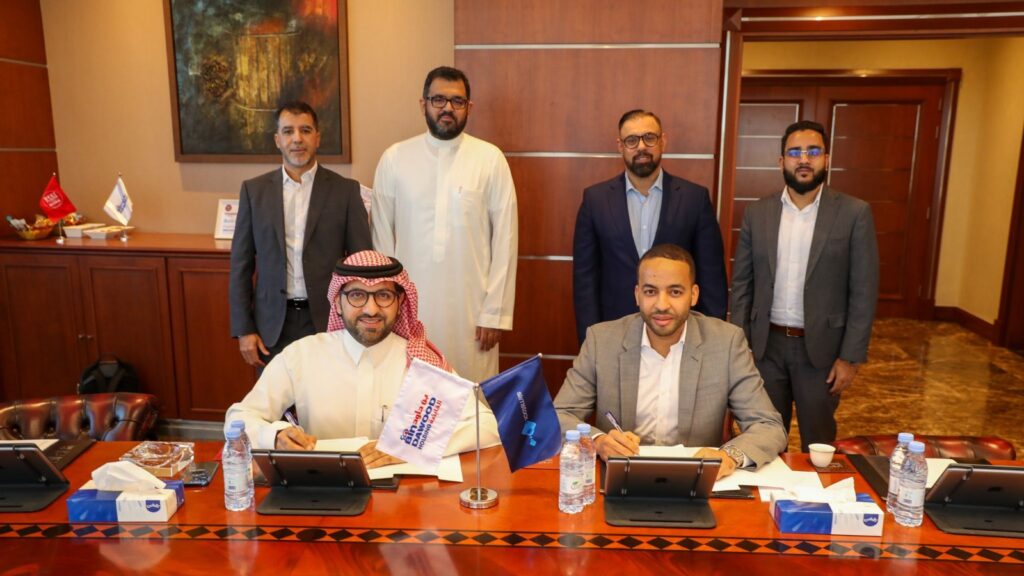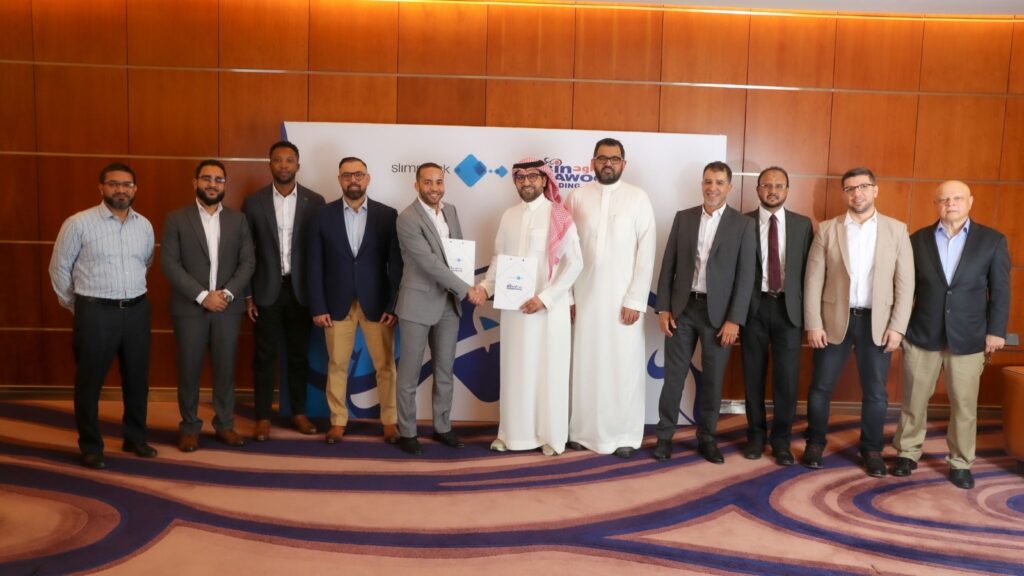
AI Supply Chain Transformation in Saudi Arabia: BinDawood and Slimstock redefine retail’s future
The retail industry in Saudi Arabia is standing at a turning point. The two Saudi cities Jeddah and Riyadh present distinct realities to visitors who explore them on foot. Traditional markets that have operated for generations alongside gleaming shopping centers and fast-growing e-commerce platforms. The Kingdom through Vision 2030 requires businesses to evolve into contemporary leaders who will deliver elevated performance results.

At the center of this shift is the supply chain. Once hidden in the background, it now shapes the customer’s experience as directly as store design or digital apps. The company has zero tolerance for both empty shelves and delayed product delivery times. Customers expect dependable service with quick delivery options and various product selection choices.
The customer requires dependable service operations with quick speeds and various available choices. Waleed Bindawood from BinDawood Holding and Rachid Labrik from Slimstock MEA share their insights about Saudi retail transformation through open discussions about market challenges and supply chain development in the region.
Rachid Labrik: Waleed, before we get into our work together, let me ask a broader question. When you look at Saudi retail today, what strikes you most?
Waleed Bindawood: The speed. Everything is moving faster. Customers are younger, they live online, they compare everything instantly. They want convenience with no compromise. On top of that, Vision 2030 creates pressure for businesses to modernize. It is not about survival, it is about proving we can lead.

Rachid: I feel the same. Ten years ago, supply chain was considered a technical support function. Now, if it fails, everything fails.
Waleed: That is the point. Customers do not care if the delay comes from a supplier or a forecasting mistake. They just see an empty shelf. They just see that their order did not arrive on time. For them, complexity does not matter. For us, it matters every day. We run hypermarkets, supermarkets, and e-commerce platforms. It must look simple from the outside, even though it is complex on the inside.

Rachid: Let’s bring BinDawood into focus. You are a household name here. How do you see your role evolving?
Waleed: Being established gives us trust, but it also raises expectations. Families rely on us. That means consistency and reliability. We cannot rely on tradition alone. We need a supply chain that can anticipate, respond, and adapt quickly.
Rachid: And that was clear to us from the beginning. Slimstock did not come in to sell a piece of software. We came in to build a long-term model.
Waleed: What impressed me most was the way you approached it. You did not start by describing Slim4. The team received orders to create success criteria and measurement approaches and team engagement protocols. The experience gave me assurance that this was not an ordinary project. It was a partnership.
More of this article can be found on https://globalsupplychainme.com/digital-issue-2025/oct-2025/






